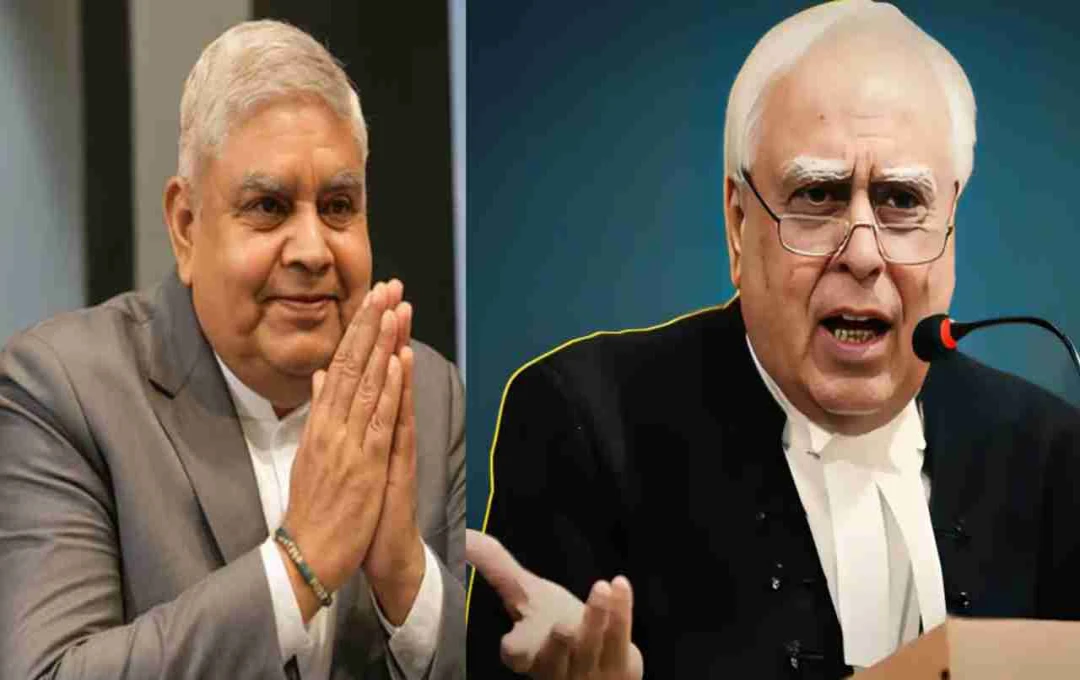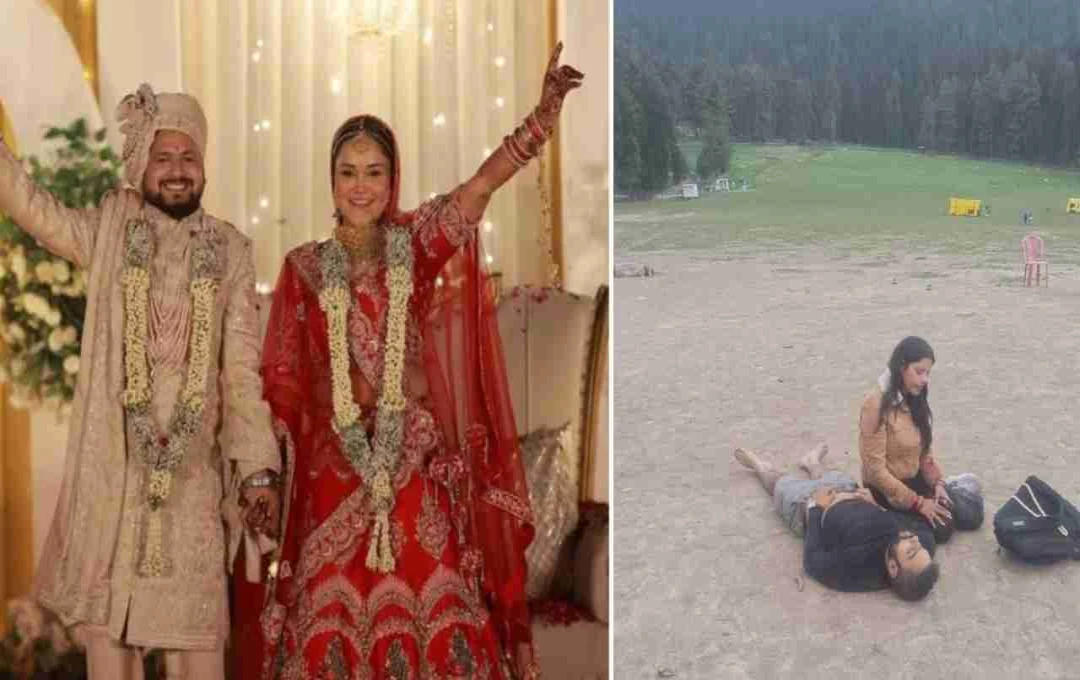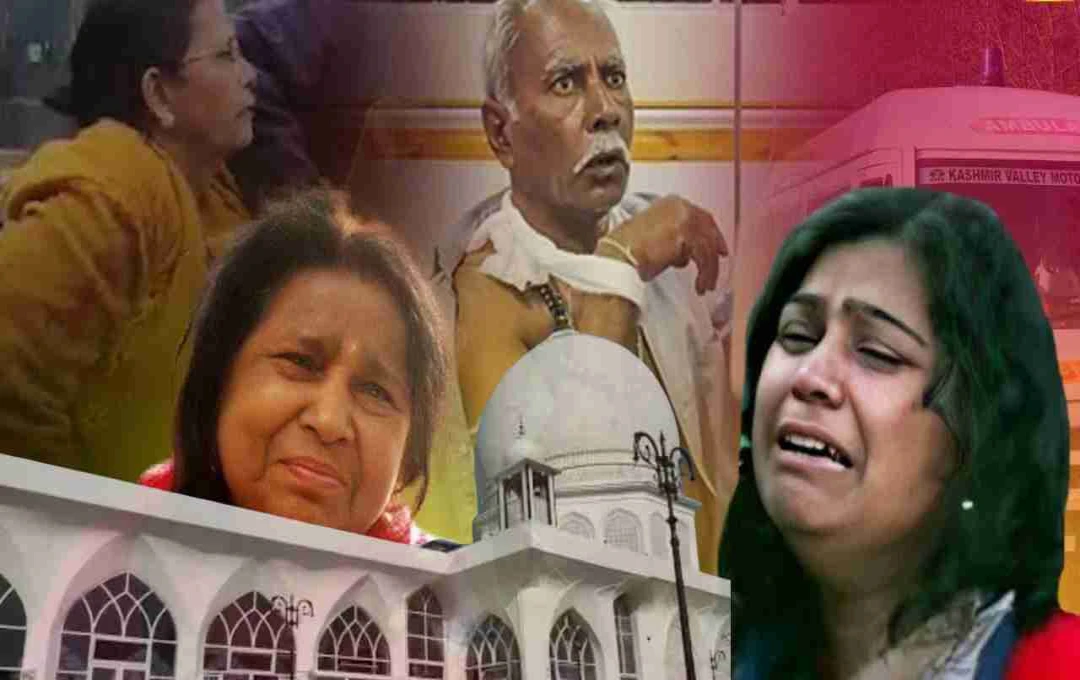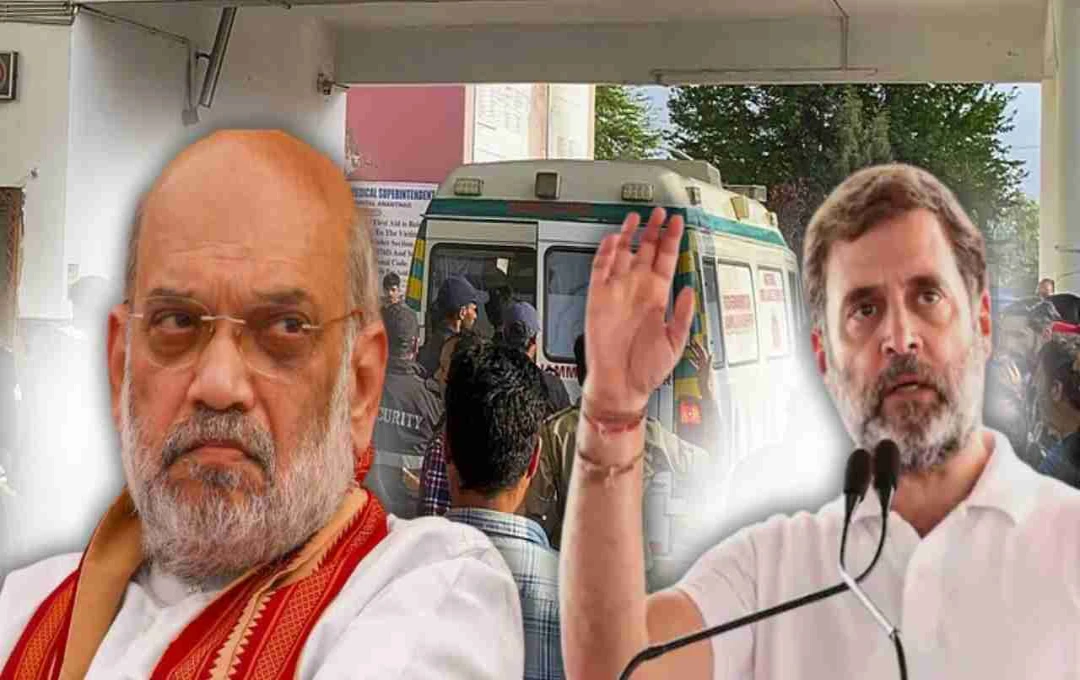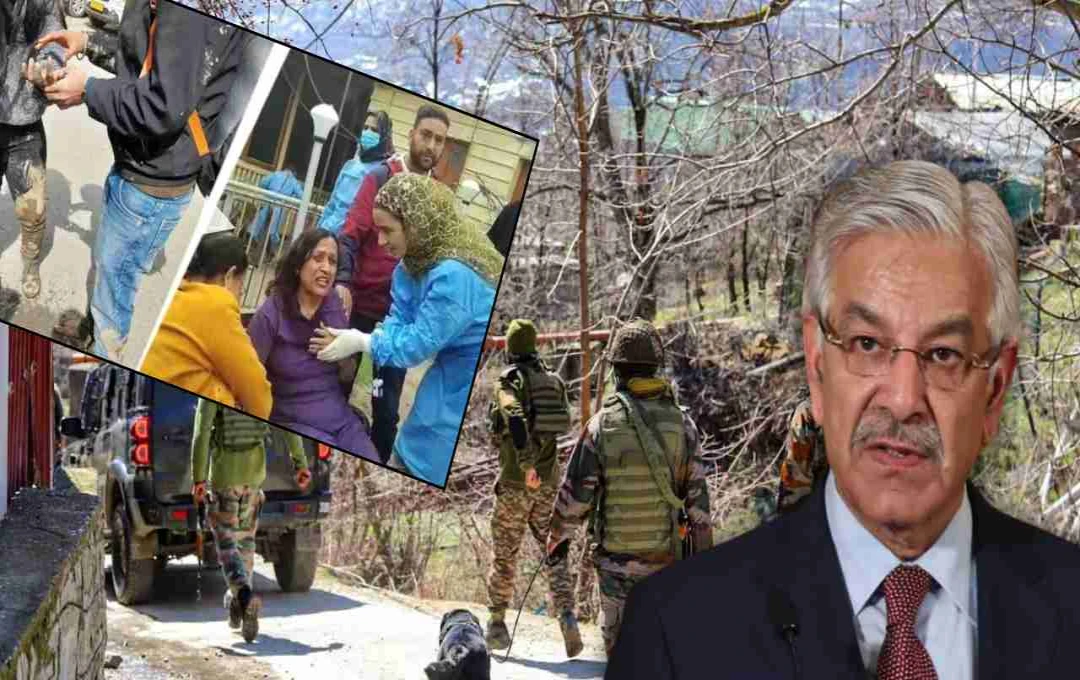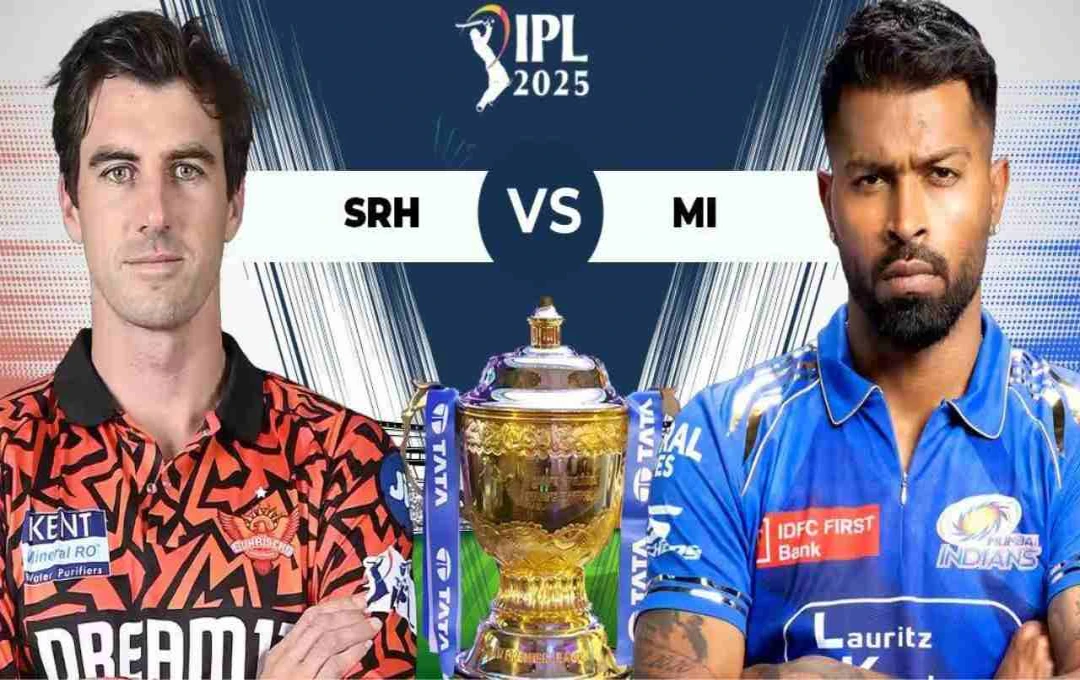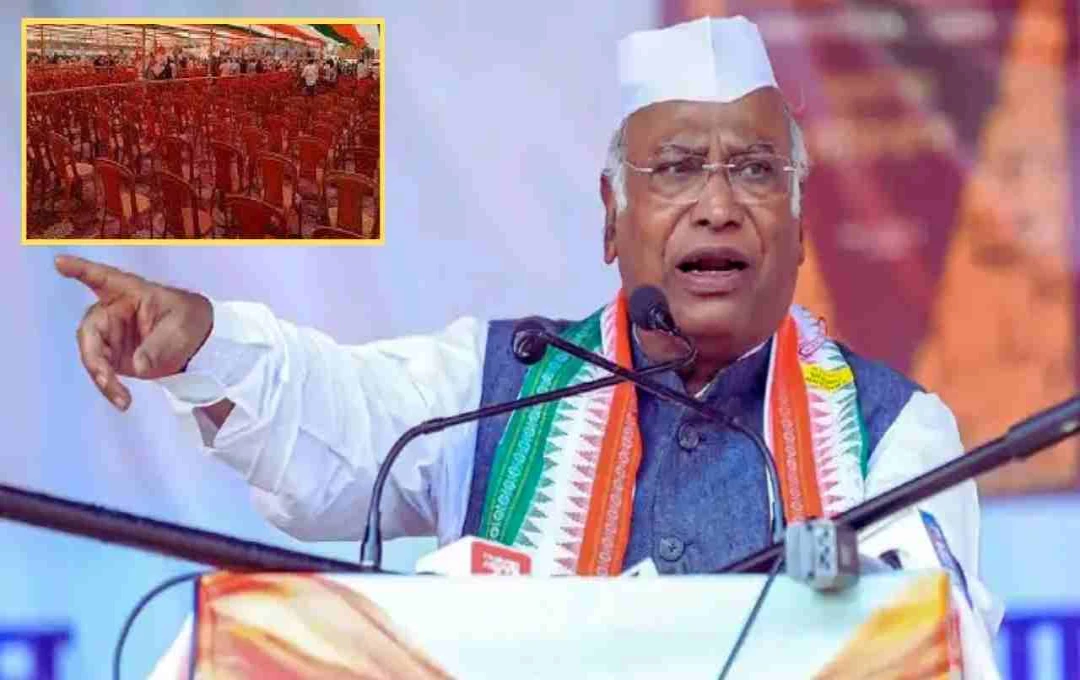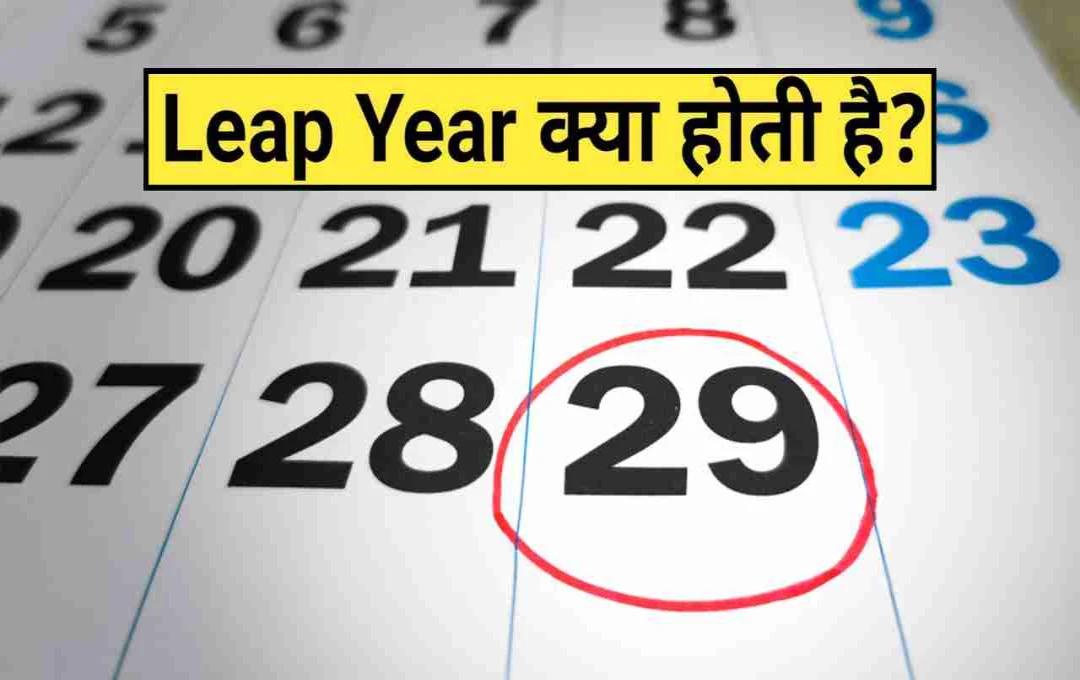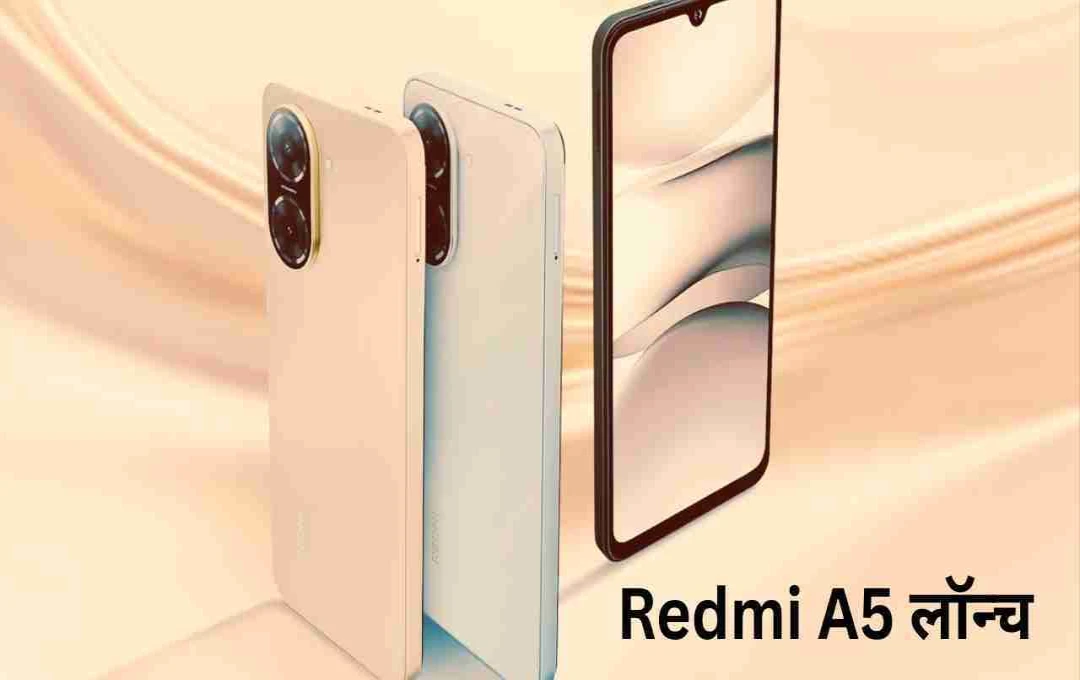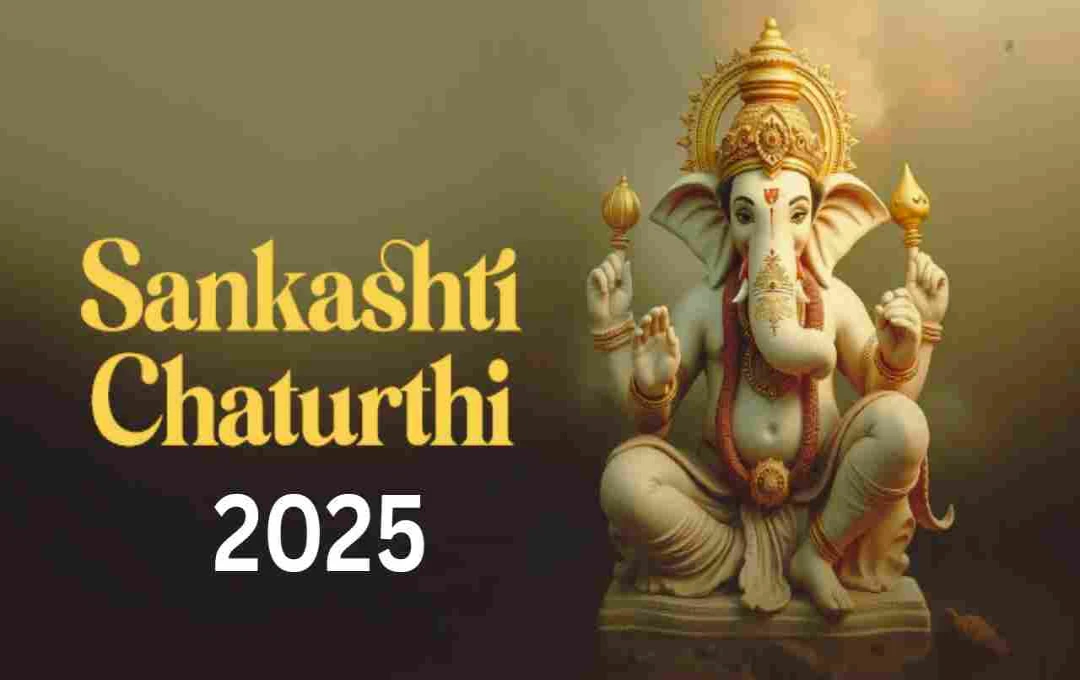New Delhi: A new debate has erupted in India concerning the Constitution, Parliament, and the Supreme Court. Vice President Jagdeep Dhankhar recently asserted that the ultimate authority in the country rests with elected representatives and that Parliament is supreme. This statement has drawn sharp criticism from senior lawyer Kapil Sibal.
Kapil Sibal's Rebuttal – 'The Constitution is the True Master'
Kapil Sibal, also the President of the Supreme Court Bar Association, stated that the Supreme Court holds the ultimate authority in interpreting the law and that India has always considered the Constitution paramount. While he didn't directly name the Vice President, his message was clear: no individual or institution can be above the Constitution.
What Else Did Sibal Say?
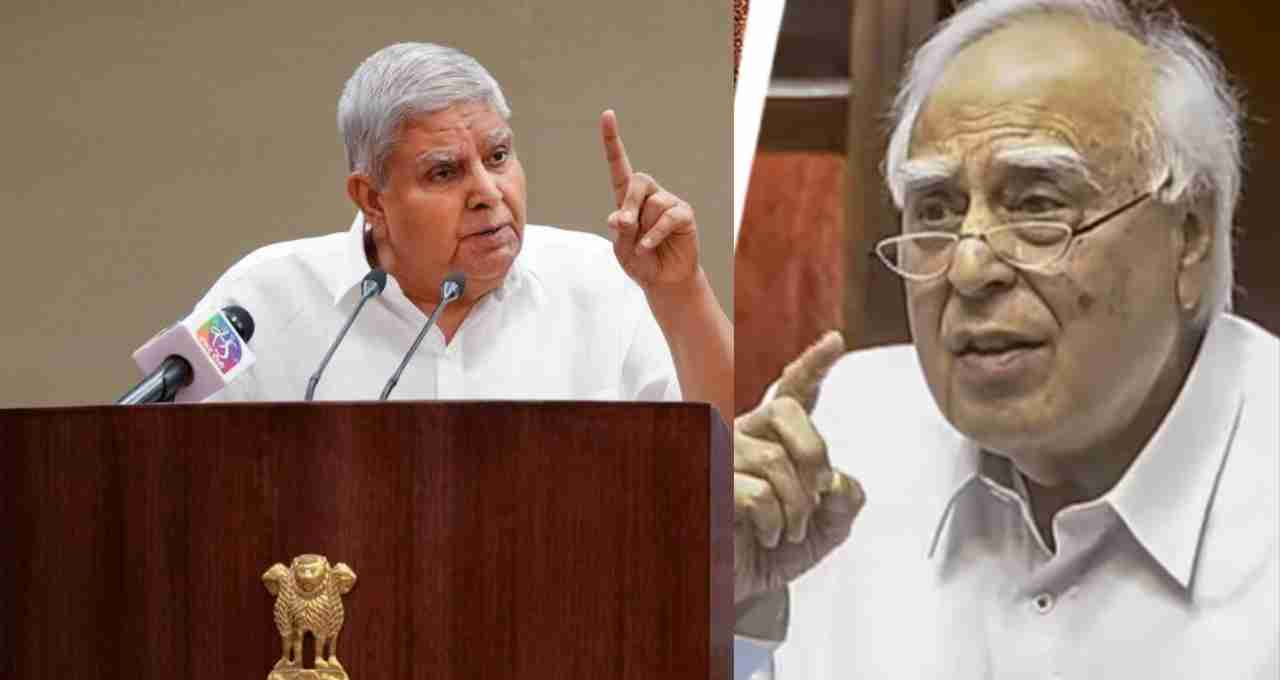
Sibal further argued that, "The Supreme Court's role is not merely to interpret the Constitution, but also to deliver complete justice – as explicitly stated in Article 142 of the Constitution." He also maintained that recent Supreme Court decisions, criticized by BJP leaders and the Vice President, are in line with constitutional values and national interests.
Why Dhankhar's Statement Became Contentious
Recently, a Supreme Court bench ruled that if a Governor sends a bill to the President, the President must decide on it within three months. Vice President Dhankhar responded by stating, "We cannot create a situation where the President is directed." He added that the Supreme Court's scope is limited under Article 145(3) of the Constitution – to interpretation only.
The Core Issue
This controversy is not merely a semantic debate but concerns the interpretation of India's democratic framework. Is Parliament supreme, or is it the Constitution? Should the Supreme Court's powers be restricted, or should it be allowed to function independently?
